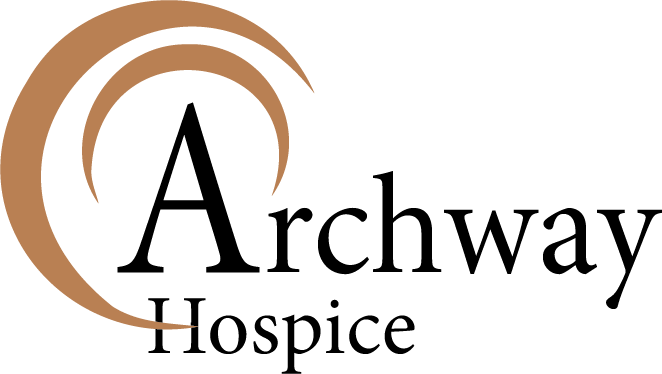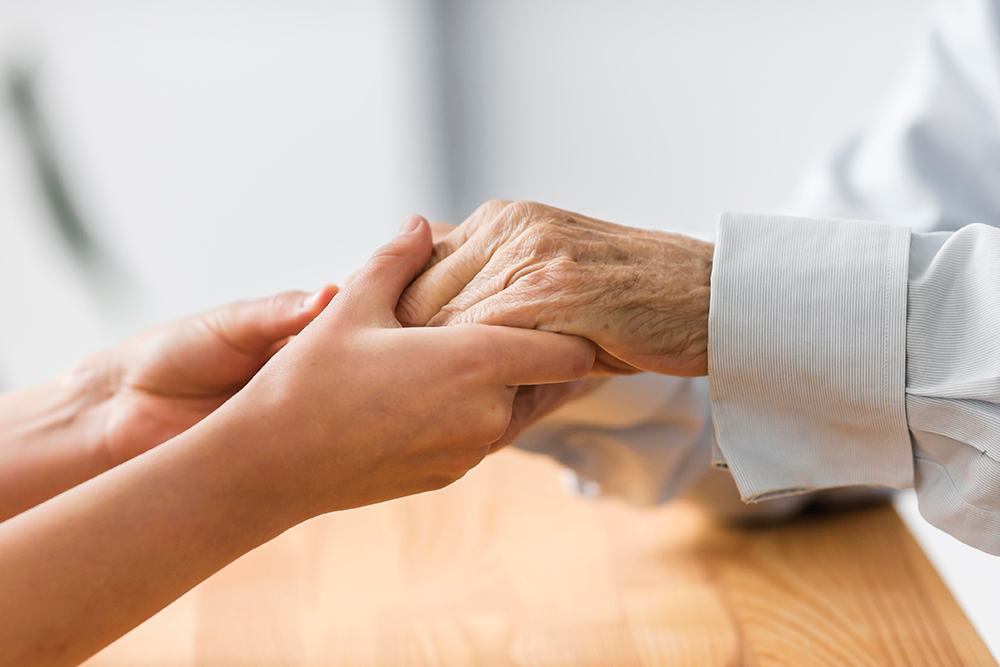By Stefanie Rubin
When I was a young girl, mother told me that my papa had gone to a special place called heaven. At the time, I did not understand what she had meant. Looking back now, I realize that that was my mother’s way of introducing me to the notion of death, a topic whispered about in front of my ears. Grandma would often say under her breath that someone had “passed away” at the dinner table. In middle school, a girl in my English class wrote a poem about it. She stood at the front of the classroom and read it aloud. I remember the way I shifted in my seat each time her voice landed on the very word, death.
At 24 years old, I now grapple with the topic each time I switch on the news. In the comfort of my family living room, I watch that large rectangle screen, and it is there that I am forced to confront the fragility of human life. I sink into the couch with my dog nestled at my feet, and listen to the news reporters regurgitate that day’s death count. I compare it to that of yesterday and the day before yesterday. All I am left with is a sheer and inconceivable number, flashing at me. I cannot see each individual life ripped from this planet. No, I can only see a bleak four-digit number in its place.
“Death is highly personal,” Sara Wolfe, Medical Social Worker of Archway Hospice, explains, “and yet, people avoid the subject.”
I witness the images of hospitals overcrowded with patients on ventilators and listen to the stories of family members unable to be with loved ones in their final moments. What I realize is that this pandemic has caused dying to become an experience not only impersonal but also inhumane. This notion, in and of itself, is a tragedy for our country.
I think of Randy, a woman in my writing class, whose mother had contracted COVID-19. This 97-year-old mother was hospitalized and then put on a ventilator. The doctor told Randy that her mother’s health was in the right direction. However, only a few days later, he reported that her health had taken a turn for the worst. It was now only a matter of days until her mother would die. While Randy had accepted her mother’s old age and close proximity to death, she was unable to accept the circumstances in which her mother would die. Even with FaceTime, she struggled to communicate with her mother as she slipped in-and-out of consciousness while on the call. I pictured Randy’s mother lying in a hospital bed, hooked up to a large machine, small and alone. I pictured a nurse in a mask, standing six feet away, pointing a phone down at her with Randy’s face pixelated on its screen.
This virus, at large, is at current out of our control. But shouldn’t we have a say in the way we choose to go? Shouldn’t there be a decision in whether we turn to curative measures or instead opt for high-quality end of life care?
“Hospice is best described as comfort care,” Sara explained, “it places the family at the center of care.” While curative treatments may increase the longevity of a loved one’s life, it has proven to be invasive and uncomfortable to the body.
We do not like to think about the final moments of our lives, and we certainly do not want to imagine these moments alone, in discomfort, with only the means of a screen to say goodbye to our loved ones. I believe many important changes will occur from this pandemic, and I hope, as a society, that we begin to recognize the importance of end-of- life care.
As Sara puts it: “Death is one of the most real parts of life. It is as reliable as the fact that people are born.” If we take this time in the world as a period of reflection, we can exercise our freedom in making choices for ourselves and loved ones. We can be mindful about the care we choose, and how it will impact those around us.

